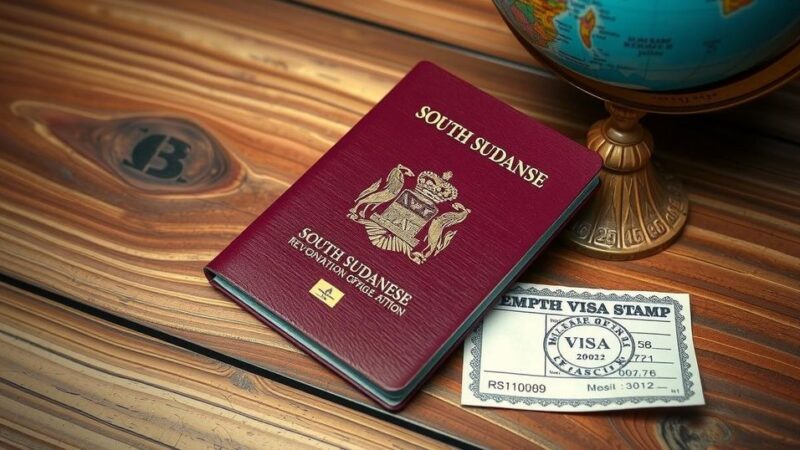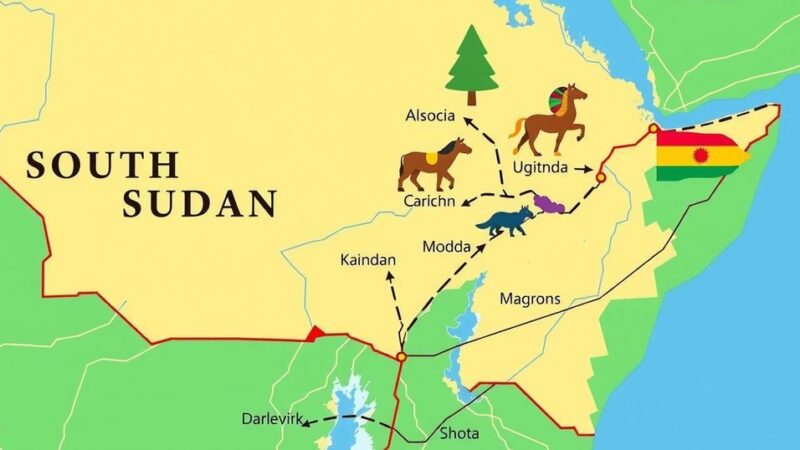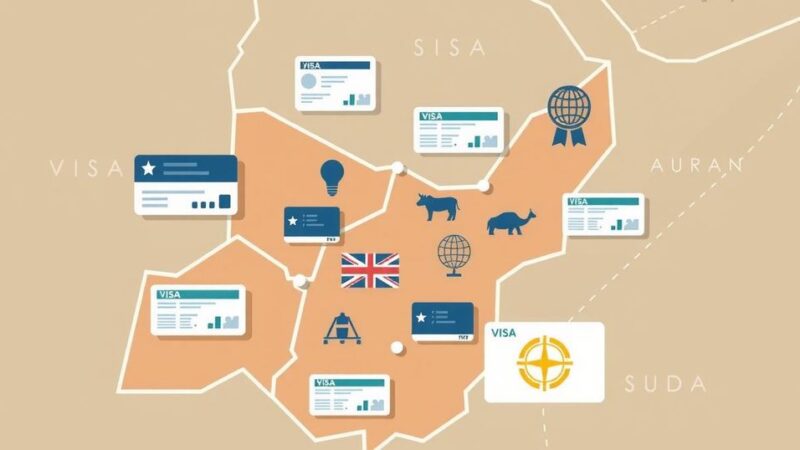The M23 rebels withdrew from peace talks with Congo just before scheduled discussions in Angola, citing EU sanctions imposed on them and Rwandan officials. Despite this, the Congolese government will still send a delegation. The ongoing conflict, linked to historical issues and resource competition, has resulted in significant violence and displacement in eastern Congo.
On Monday, the M23 rebel group, supported by Rwanda, opted out of peace negotiations with the Democratic Republic of Congo, just one day before the scheduled talks in Angola. This unexpected withdrawal was triggered by newly imposed European Union sanctions targeting M23 and Rwandan officials, which the Congo River Alliance claims obstructed the anticipated discussions.
Despite the M23’s long-standing demand for direct negotiations with the Kinshasa government, President Felix Tshisekedi had previously resisted, labeling M23 as a proxy for Rwanda. However, after experiencing military setbacks, he agreed to send a delegation to Luanda as encouraged by Angola. In light of M23’s withdrawal, a government spokesperson affirmed that the Congolese delegation would still attend the talks.
The ongoing conflict in eastern Congo, which stems from the repercussions of Rwanda’s 1994 genocide and disputes over mineral resources, has escalated significantly since January, resulting in numerous deaths and mass displacements. The United Nations and various international entities have accused Rwanda of supplying arms and personnel to the M23 forces, a claim that Rwanda disputes, stating its actions are defensive against hostile threats.
The recent European Union sanctions represent a significant escalation against M23 and Rwanda, particularly targeting Rwanda’s mining authority and a gold refinery. Expert Zobel Behalal noted that these sanctions highlight the role of natural resource profits in Rwanda’s involvement in the conflict. Despite this, the M23 has criticized the international community’s inconsistent stance, asserting that these sanctions impede genuine dialogue.
Additionally, tensions between Rwanda and Belgium escalated when Rwanda severed diplomatic relations with Belgium, demanding the withdrawal of Belgian diplomats. Belgium’s Foreign Affairs Minister responded by indicating that Belgium would reciprocate the action, labeling Rwanda’s measures as disproportionate.
In summary, the M23 rebels have withdrawn from crucial peace talks with the Democratic Republic of Congo following new EU sanctions. This development highlights the intricate link between international diplomacy, regional conflicts, and the control over valuable natural resources. Both the Congolese government and the M23 are navigating a complex landscape of military engagements, international scrutiny, and evolving diplomatic relations, particularly with European nations like Belgium that are involved in the situation.
Original Source: www.straitstimes.com






